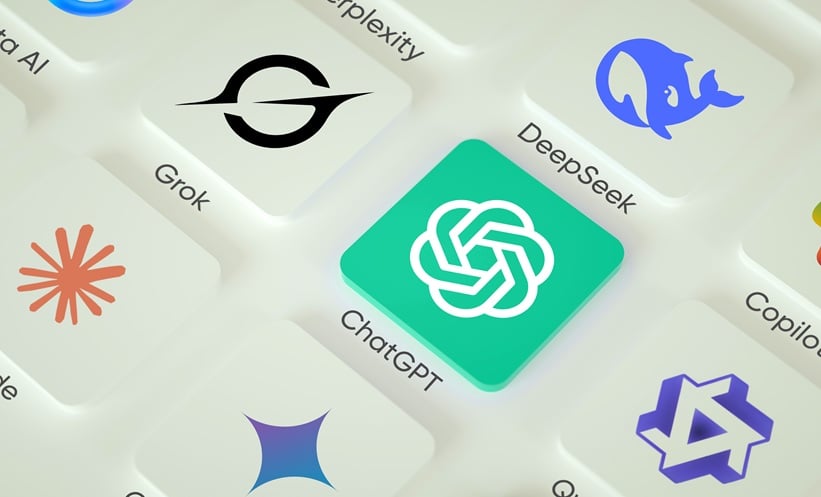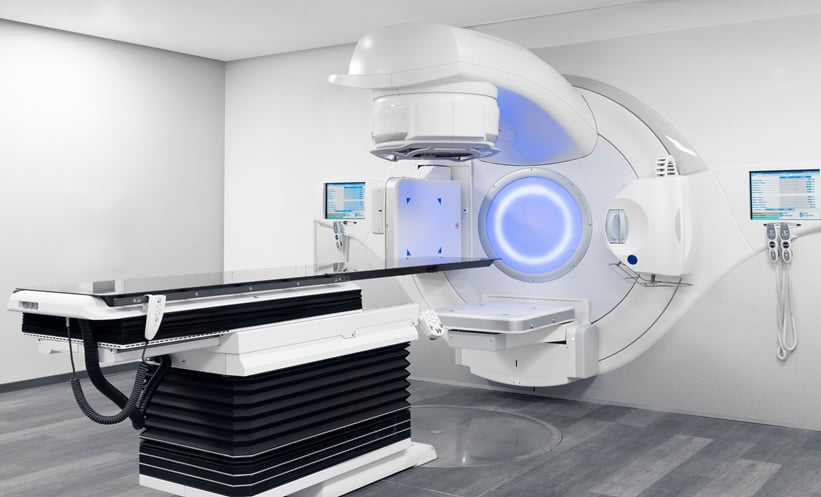In RECENT years, medical education has undergone a significant transformation, shifting from traditional lecture-based teaching towards more student-centred, interactive learning models. This evolution has been supported by various methods including team-based, case-based, and problem-based learning, and more recently, by the integration of advanced technologies such as e-learning and AI.
One such development is the use of Large Language Models like ChatGPT, which represents a form of heutagogy, self-directed learning in which students set their own objectives and strategies.
This study explored the effectiveness of ChatGPT as a self-learning tool in teaching urological concepts, comparing it with traditional lectures and a blended approach that combines both. Results showed that while ChatGPT has the potential to enhance independent learning, it is most effective when used alongside conventional methods. Students who engaged with both ChatGPT and lecture-based teaching achieved higher test scores compared to those who used either method alone.
However, the study also revealed some limitations in ChatGPT’s educational value. Students using ChatGPT alone scored lower than those attending lectures, suggesting that without foundational knowledge or instructor guidance, AI tools may not sufficiently support complex learning. Other studies support this, noting ChatGPT’s struggle with context-based reasoning and its tendency to ‘hallucinate’, generate plausible but false information. The chatbot’s inability to create accurate visuals or critically analyse clinical scenarios further limits its stand-alone utility in medical education.
Nevertheless, the combination of ChatGPT with traditional lectures showed a clear benefit. The blended approach promotes active engagement, reinforces theoretical foundations, and supports independent study habits. While ChatGPT alone may not yet replace conventional teaching, it can play a valuable supplementary role in medical training.
This research highlights the potential of AI to complement established learning methods, offering a more flexible and dynamic approach to education. Though limitations remain, particularly in scientific accuracy and critical analysis, the integration of ChatGPT into a structured educational framework could enhance the learning experience and outcomes for future medical professionals.
Reference
Digiacomo A et al. Chatgpt vs traditional pedagogy: a comparative study in urological learning. World J Urol. 2025;43(1):286.








